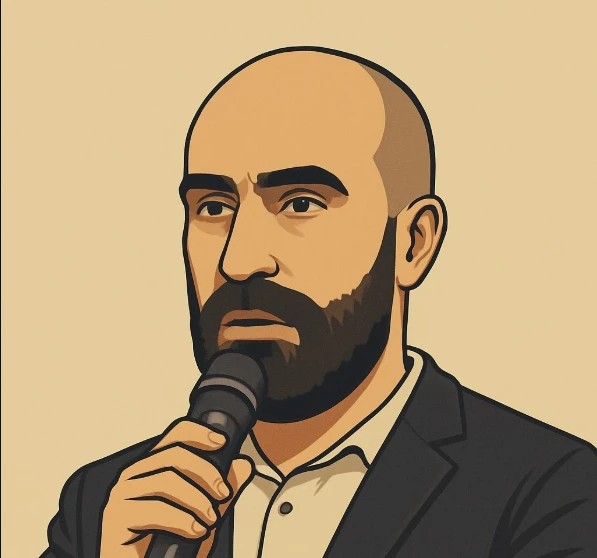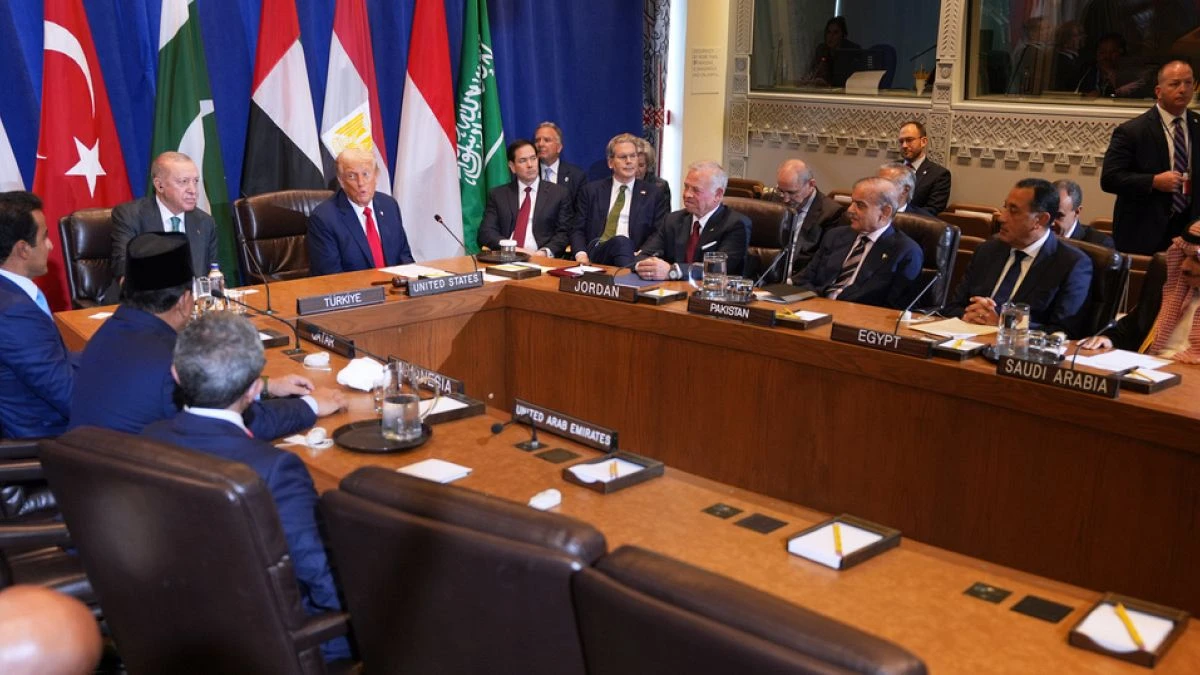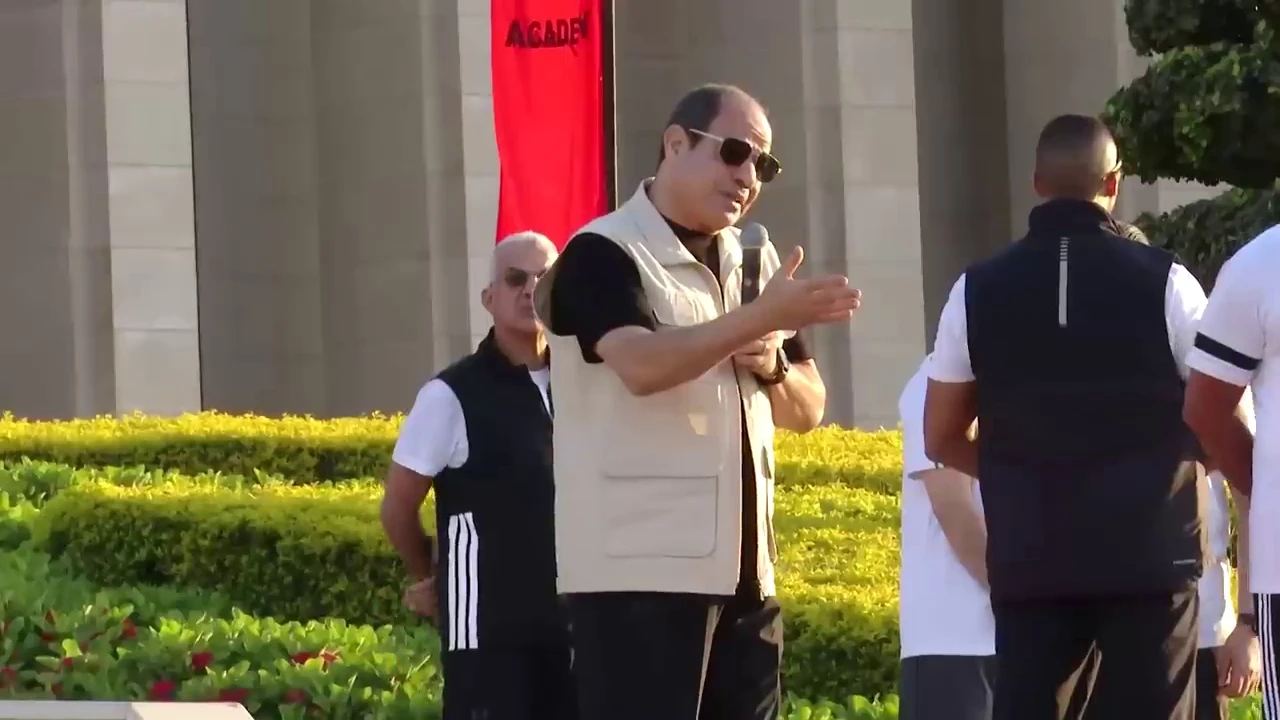Hamas After October 7: Is It Heading Towards Hezbollah's Fate?
This is an AI-generated English translation. The original text is in Arabic.
After this agreement, which Israel is expected to approve, it is unfortunate to say that Hamas will, at best, turn into a second version of Hezbollah.
The cost of this battle will be extremely high for the movement; while it waged it with legitimate goals for a people struggling to liberate their land, it brought with it developments that Hamas did not expect to reach. When the movement began its attack on October 7, 2023, it never anticipated that Israel would reveal such a degree of weakness and paralysis; to the extent that if Hamas had intensified its attack further, it might have reached Tel Aviv without anyone stopping it, in a scene that showed a clear shortcoming in Israeli internal security and a greater focus on protecting religious settlements to achieve maximum provocation of Muslims.
Hamas also did not expect to return from the attack with more than ten Israeli prisoners; however, the ease of the situation exceeded expectations, allowing it to gather a large number of prisoners and return them safely to Gaza, according to statements from its officials after the operation. But Israel attempted to compensate for this internal weakness by launching a bloody war on the Gaza Strip from October 7 until the moment of writing this article on June 6, 2024, a period of eight continuous months, during which around 35,000 unarmed Palestinians were killed, in an attempt to send a deterrent message to anyone thinking of attacking it again, amidst Western and Arab international support, which was not without limited formal denunciations aimed at deceiving public opinion.
What happened in Gaza reminds me of what occurred in Lebanon in 2006, when Israel launched a fierce war on Hezbollah after an Israeli soldier was kidnapped. At that time, Israel could have reached Beirut if it wanted to, while the party suffered significant losses, not only during the battle but also afterward. It enjoyed broad Lebanese and Arab support due to its declared hostility toward Israel, but it lost a large portion of this support after the Lebanese experienced the horrors of war, which was skillfully exploited by political forces opposed to Iran within Lebanon, leading to a more than 80 percent decline in support for the party. The situation was further worsened by the party's involvement in fighting alongside Bashar al-Assad's regime against the Syrian people, thus losing most of its Arab popularity and turning into merely a force seeking to survive in Lebanon rather than achieving its fundamental goals.
Even Hassan Nasrallah himself admitted after the war that if he had known that the kidnapping of the soldier would lead to these results, he would not have done it, a statement that the Lebanese considered an acknowledgment of error. Perhaps if he were asked about it today, he would regret the statement more than the act itself.
The situation for Hamas is not much different. After this war, it will not be the same movement it was before. Militarily, it has lost a significant part of its human resources, and security-wise, Gaza will no longer be as it was; it will remain in need of reconstruction conditional on strict restrictions imposed by Arab regimes in coordination with Israel. On the popular level, it is likely that the people of Gaza will experience what the Lebanese lived after the 2006 war, perhaps even worse, given the scale of the massacres they have endured, which exceeded the limits of reason and international law, which is only applied to the peoples of the Third World, while the "higher class" peoples are immune from it.
It is expected that Hamas will face a harsh media war after this conflict, followed by increasing pressure from Arab governments, even from Qatar, which has long hosted its political office, and the movement may find itself forced to fall into the Iranian embrace.
Conclusion
Hamas, which entered this battle as a movement and a government controlling Gaza, will not be the same after it ends. In the best-case scenarios, it will become more like Hezbollah, fully dependent on one of the regional powers that offers it limited support, allowing it to focus only on managing internal affairs in Gaza, if it is allowed to do so, which is doubtful after all that has transpired.
Hamza Hassan








